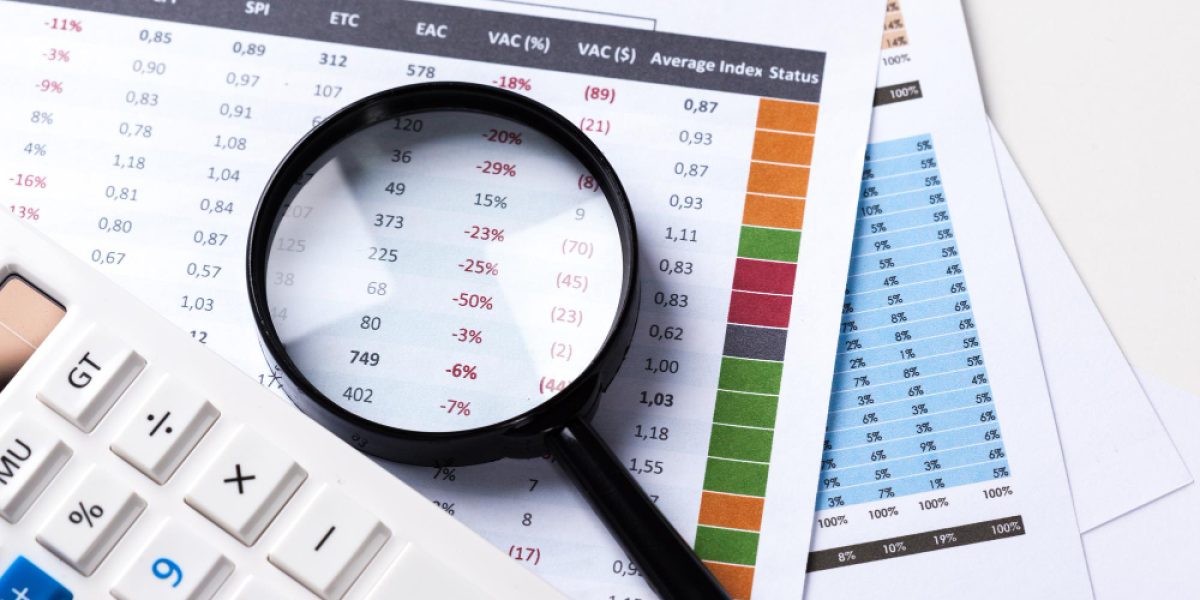In the world of personal and business finance, staying on top of your financial health is paramount. One essential tool in achieving this is the bank statement. By regularly analyse bank statement, individuals and businesses alike can uncover valuable insights into their spending habits, cash flow, and overall financial performance. The practice of reviewing and interpreting the details within a bank statement may seem simple, but it is a powerful way to enhance financial decision-making, improve budget planning, and even detect any discrepancies or fraudulent activity.
Understanding Bank Statements: A Comprehensive Overview
Before diving into the benefits and methods of analyzing bank statements, it’s essential to understand what they are. A bank statement is a document provided by your bank that lists all your account transactions within a specific period, typically monthly. It includes details such as deposits, withdrawals, fees, interest, and account balances. Both personal and business bank accounts provide this statement as a summary of the activities and current standing of the account.
At first glance, a bank statement may seem straightforward, but there is much more to it than just tracking deposits and withdrawals. When properly analyzed, these statements can reveal trends, inefficiencies, and provide clarity on financial decision-making.
Why You Should analyse bank statement
- Track Spending Patterns and Improve Budgeting
One of the most significant advantages of analyzing a bank statement is that it offers a detailed picture of your spending behavior. By carefully reviewing your transaction history, you can identify recurring expenses, such as subscriptions, bills, or unneeded expenditures. These insights can help you refine your budgeting strategy. For businesses, this allows you to evaluate operational expenses, identify areas where cost-cutting can occur, and ensure funds are allocated efficiently. - Identify Fraudulent Transactions
Fraud prevention is an important aspect of financial management. By regularly analyzing your bank statement, you can quickly spot unauthorized transactions or discrepancies. Whether it’s an unfamiliar withdrawal, unaccounted-for fee, or suspicious online transaction, early detection of fraud can save you from serious financial setbacks. In case of suspicious activity, you can contact the bank immediately for investigation or resolution. - Assess Cash Flow Management
For businesses, understanding cash flow is critical. A business that cannot properly manage cash flow may face difficulties in paying bills, employees, or investing in growth opportunities. Analyzing bank statements helps businesses track their cash inflows and outflows, ensuring they maintain a positive cash balance and avoid unnecessary overdrafts or penalties. This also supports better financial forecasting and planning. - Monitor Interest and Fees
Many banks charge maintenance fees, transaction fees, or overdraft fees that can add up over time. By examining your bank statements, you can spot these fees and make the necessary adjustments to avoid them. Perhaps you qualify for a fee waiver or a better bank account option that provides a more affordable structure for your financial needs. It’s all about optimizing your banking relationship to suit your financial situation. - Stay On Top of Financial Goals
Whether you’re saving for a down payment on a house, a business expansion, or personal retirement, regularly analyzing your bank statements ensures that you’re staying on track toward these financial goals. Tracking progress, such as monthly savings contributions or reductions in debt, can offer motivation and provide clarity on how close you are to reaching your objectives. If you find that you’re not progressing as expected, this analysis can help you adjust your plans or create strategies to get back on track. - Ensure Financial Accuracy and Reconciliation
A bank statement is a crucial document when it comes to reconciliation. If you’re managing multiple accounts, comparing your statements with your financial records helps to verify that everything matches up correctly. Discrepancies between your records and the bank’s statement could indicate accounting errors or overlooked transactions. Regularly reconciling your statements ensures financial accuracy and accountability. - Build Financial Literacy and Empowerment
Regular analysis of bank statements builds your understanding of financial concepts, including balance management, interest rates, and transaction categorization. As you become more familiar with your financial history, you become more empowered to make better financial decisions. This knowledge can lead to more informed choices regarding investments, loans, or other financial endeavors.
The Role of Technology in Analyzing Bank Statements
In today’s digital age, there are plenty of tools and software available that automate the process of analyzing bank statements. These tools make the process faster, more accurate, and less time-consuming. Financial software can automatically categorize expenses, track recurring transactions, and even flag potential issues. These systems can help both individuals and businesses stay on top of their financial situation without the need for manual analysis.
Conclusion
Regularly analyzing bank statements is an essential practice that allows individuals and businesses to stay in control of their financial health. Whether it’s for budgeting, detecting fraud, improving cash flow, or tracking financial progress, this analysis offers valuable insights that can influence better decision-making. By understanding where your money is coming from and where it’s going, you can make more informed choices that will set you on a path to financial success. The more consistently you engage in this practice, the clearer your financial picture becomes, enabling you to plan and execute more confidently for the future.












